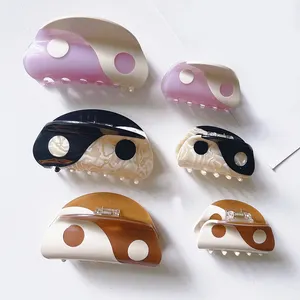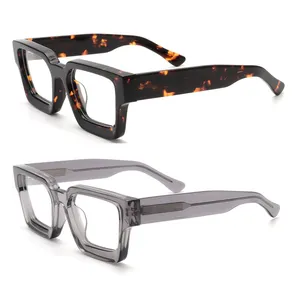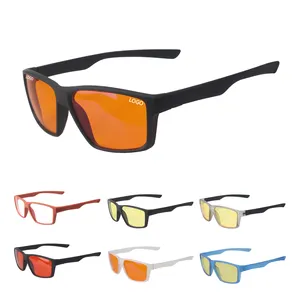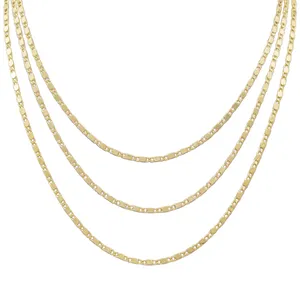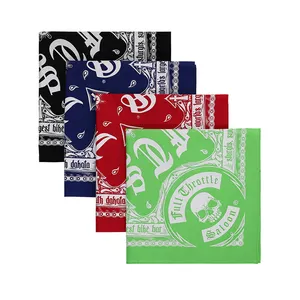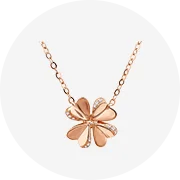Popular in your industry



















































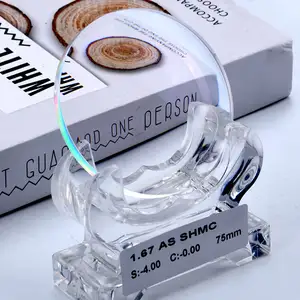
Related Searches:









































































































Top categories
About 1.67 aspheric lenses
Understanding 1.67 Aspheric Lenses
Aspheric lenses have revolutionized the field of optics, and 1.67 aspheric lenses stand out as a premier category within this innovation. These lenses are thinner and lighter than conventional lenses, offering superior visual clarity by reducing distortions that typically occur in the peripheral areas of lenses. The "1.67" refers to the index of refraction, indicating a high-index lens that bends light more efficiently than standard lenses.
Types and Applications of Aspheric Lenses
The versatility of 1.67 high index lenses is evident in their range of types, including single vision, bifocal, and progressive options. Single vision lenses cater to those with a singular correction need, whereas bifocals and progressives serve individuals requiring multiple focal points. Progressive aspheric lenses are particularly beneficial for a seamless transition between near and far vision without the visible lines found in bifocals. These lenses are ideal for a variety of users, from professionals who spend hours in front of computer screens to active individuals who require durable, impact-resistant eyewear.
Features and Materials
The material composition of 1.67 aspheric lenses is a key feature, with polycarbonate being a popular choice for its durability and resistance to impact. This makes them suitable for children's eyewear or for those leading an active lifestyle. The aspheric design itself is a significant advancement, reducing lens weight and thickness for a more comfortable and aesthetically pleasing experience.
Advantages of 1.67 Aspheric Lenses
Opting for 1.67 aspheric prescription lenses brings numerous advantages. Their slim profile is paired with a wider field of vision and reduced eye distortion, enhancing both appearance and optical performance. Additionally, these lenses can come with coatings that filter out harmful blue light, providing protection for users frequently exposed to digital screens. UV protection is another beneficial feature, safeguarding eyes from the sun's ultraviolet rays.
Choosing the Right Aspheric Lenses
Selecting the appropriate aspheric lenses is crucial for optimal vision correction. Factors to consider include the degree of refractive error, lifestyle needs, and material preferences. For instance, those requiring sturdy, everyday eyewear might favor polycarbonate, while individuals with a strong prescription will benefit from the high-index 1.67 lenses for a thinner profile.
Conclusion
In summary, 1.67 aspheric lenses offer a blend of lightweight comfort, enhanced visual clarity, and versatile design. They cater to a broad spectrum of corrective eyewear needs, making them a valuable option for eyeglass wearers seeking both function and style in their lenses.
